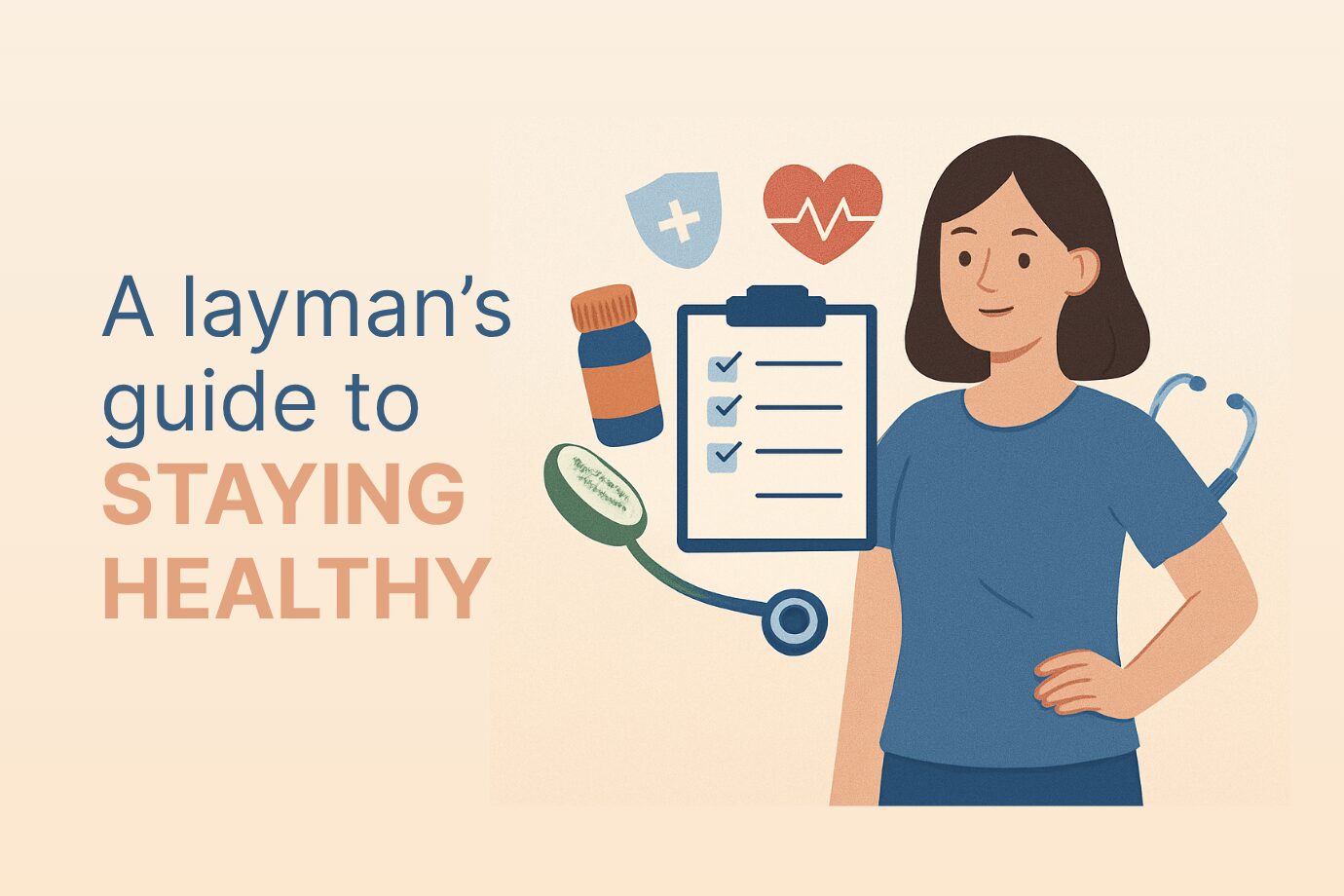
Health Resources
- Home
- Health Resources
- ACP vs LPA vs AMD – What is the Difference?
ACP vs LPA vs AMD – What is the Difference?

What is an ACP?
Advanced Care Planning (ACP) is a non-legal discussion where individuals communicate their personal values, goals, and preferences. This documentation serves as a guide for medical professionals and family members, ensuring that future medical decisions align with the individual’s wishes if they become unable to communicate or make their own decisions.
Read more about ACP here!
What is an LPA?
A Lasting Power of Attorney (LPA) is a legal document that designates a trusted person to make medical or financial decisions on your behalf if you become incapable of doing so yourself. This ensures that your personal choices are honoured even when you are unable to advocate for yourself.
What is an AMD?
An Advance Medical Directive (AMD) is a legal document that provides specific instructions to healthcare providers regarding the use of life-sustaining treatments. It typically outlines your wishes to forgo extraordinary interventions, such as mechanical ventilation or feeding tubes, in the event that you are terminally ill, unconscious, or unable to make decisions about your care.
Summary Table:
| Type | What is it for? | How do I do it? | Legal document? |
|---|---|---|---|
| ACP | A discussion where you share your values and preferences for future medical care. | Done online via myACP (free) or with an ACP facilitator. | No |
| LPA | Officially choose 1 or 2 representatives to make decisions on your behalf if you lose mental capacity. Your appointed donee can make decisions for you regarding personal welfare (e.g. medical care) and property/finances. | Done with lawyer or accredited doctor. | Yes |
| AMD | A legal document that states that you do NOT want life-sustaining treatment to prolong life if you are terminally ill and unable to make decisions or communicate them. | Done with doctor. | Yes |
Should I do an ACP, LPA or AMD?
Ideally… you should do all 3!
When planning for your future health care, an ACP, LPA and AMD serve different but complementary roles in ensuring your medical and personal wishes are respected.
An ACP is the first step in making decisions about your future healthcare. It is more than just filling out a form – it is about having a conversation with yourself (and your loved ones) about what matters most to you when it comes to your health and end-of-life care.
An LPA, on the other hand, designates someone to act on your behalf if you are ever unable to make decisions for yourself. This ensures that someone you trust is legally authorized to advocate for your wishes in critical situations.
Lastly, an AMD gives specific instructions on what medical interventions you do or do not want in particular circumstances, such as in the event of a terminal illness when you are unable to communicate your decisions.
How can I sign my LPA and AMD?
You can get your LPA and AMD signed at any of our following clinics:
Find out more about the LPA and AMD here.
How can I do Advanced Care Planning?
Start the conversation with your family doctor, who can provide guidance and support throughout the process.
You can complete your ACP online for free through myACP.
If you prefer to discuss it in person, you can schedule an appointment with an ACP provider who can assist you in documenting your healthcare preferences. You can find an ACP provider here.
While Advanced Care Planning (ACP), Lasting Power of Attorney (LPA), and Advance Medical Directives (AMD) each serve distinct purposes, together they help ensure that your wishes are respected if you are one day unable to communicate.
By engaging in these processes, you empower yourself to make informed decisions about your future care, and provide clarity for your loved ones and healthcare providers during difficult decisions. Planning now is a gift to both yourself and your loved ones for a future where your choices are clear and respected.
Speak to any of our family doctors today to find out more!
Author

Dr Amaris Lim
MBBS, MMed (Fam Med), GDip (Sports Med)
Dr Amaris is a Family Physician at Frontier Healthcare with a special interest in Sports Medicine. She also contributes as one of the Core Faculty for the Family Medicine Residency Program with the National University Health System (NUHS). She currently practices at Canberra and Bukit Batok.




